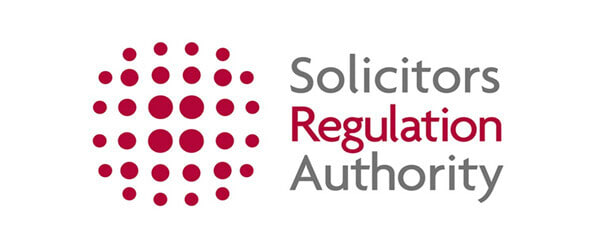
posted 17th November 2023
The Energy Efficiency (Private Rented Property) (England and Wales) Regulations 2015 (“MEES Regs”) aim to enhance the energy efficiency of residential and commercial private properties. Part 3 of the MEES Regs focuses on commercial landlords’ obligations to improve energy efficiency standards.
As of 1 April 2023, where a property is deemed as sub-standard (currently those properties with an EPC rating of E and below) a commercial landlord is obliged to make relevant energy improvements unless valid exemptions are registered. If a landlord does not make these changes they must not grant new tenancies or continue existing ones for substandard properties. Landlords who do not comply with the EPC rating may be subject to a fine or adverse publicity.
In our article, we’ll look at the future of MEES Regs, how it will affect landlords and tenants, and the next steps you’ll need to take.
What Does the Future Hold?
The government first consulted in 2019 on amending the non-domestic MEES Regulations to raise the minimum standard from the current EPC rating to either B or C by 2030.
In 2021, the government published an open consultation on changes to the MEES Regulations in the commercial sector. It phased an implementation of an EPC rating of a C minimum standard to be achieved in 2027, outlining a more incremental approach towards the 2030 B target.
What Does This Mean for Commercial Landlords and Tenants?
While the requirement for residential landlords to attain an EPC rating of C or higher by 2028 has been scrapped, the same has not been extended to commercial properties. There has been no clarity on whether the proposals in the 2021 consultation will be implemented. The government has simply stated that it will need to update its current position. Commercial landlords and tenants alike, may struggle on the issue of compliance going forward.
The Next Steps for Landlords
As a landlord of a commercial property, you will need to:
- Ensure your property is compliant with the current requirements under the MEES regs.
- In considering any property developments, you should be looking to future-proof your properties to keep up with the changes to MEES.
- Review existing leases to ensure works can be carried out for energy improvements.
The Next Steps for Tenants
As a tenant of a commercial property, you will need to:
- Review leases to check whether the cost of carrying out improvements for EPC compliance are the landlord’s responsibility.
- Be aware of the landlords’ rights to enter the property to carry out works for EPC compliance.
- Consider whether any proposed alterations to the property will adversely impact EPC ratings as this will likely be resisted by the landlord.
Whether you’re a landlord or a tenant of a commercial property, GS Verde Law can advise you on your rights and responsibilities regarding EPC compliance. Our expert commercial property advice ensures that you remain confident regarding matters of property management and are up to date with any changes to Energy Efficient Regulations.
To find out more about how GS Verde Law can advise you on your obligations as a landlord or tenant of a commercial property, contact us here.








